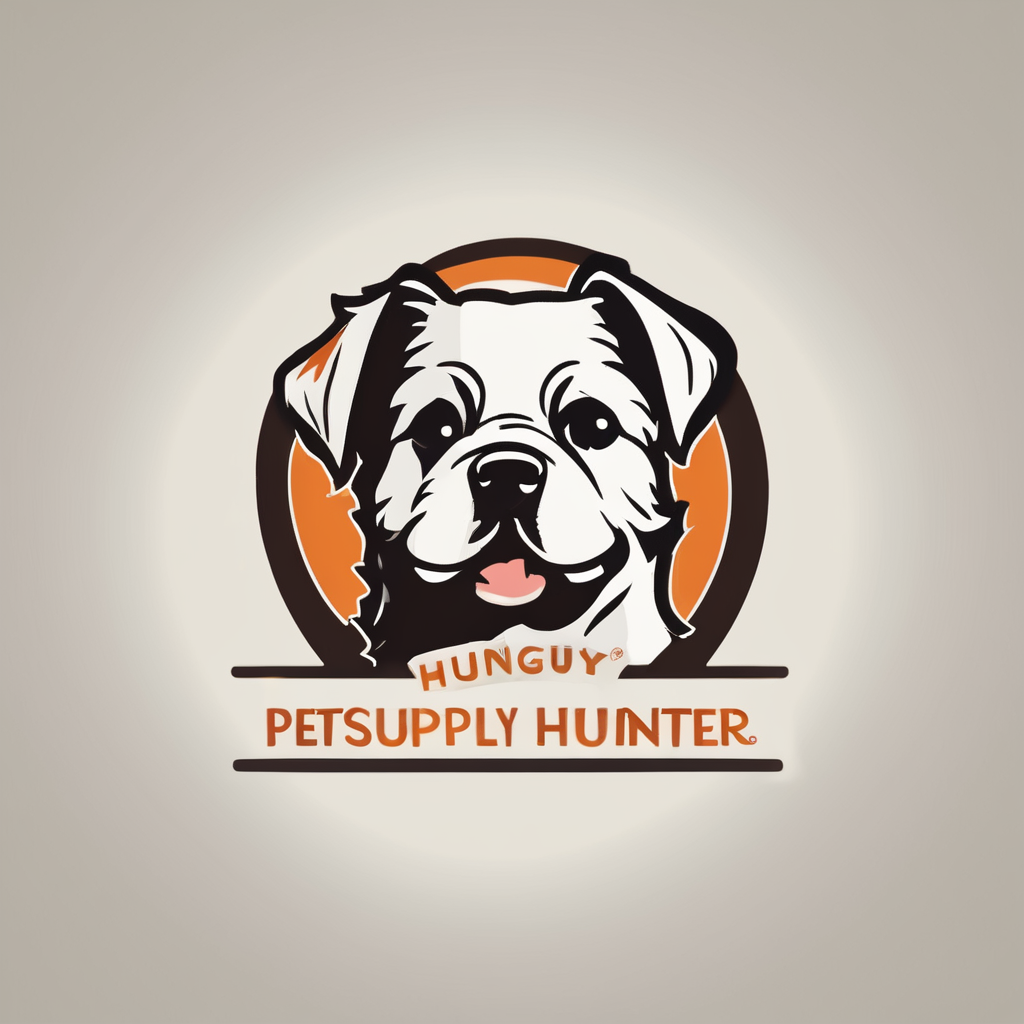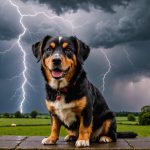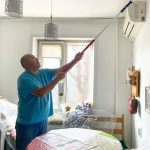Creating a Safe Space for Pets
During events like fireworks, establishing a safe space for pets is essential for their comfort and well-being. Pets often experience anxiety in response to loud noises and sudden disturbances. A designated area helps provide a sense of security, reducing stress and preventing the risk of injury.
To create an effective safe space, consider incorporating familiar items that offer comfort and reassurance. A cosy bed, favourite toys, or a piece of clothing with a familiar scent can help soothe your pet. Additionally, ensure that the area is easily accessible and free from hazards that could harm your pet.
Also read : Ultimate Guide: Keeping Your Pet Safe and Calm During Thunderstorms in the UK
Introducing this space gradually is important. Start by allowing your pet to explore the area with you. Use positive reinforcement to associate the safe space with calm and relaxation. Gradually increase the time you spend with your pet in the safe space, especially prior to anticipated disturbances like fireworks. This technique helps condition them to retreat to their sanctuary when anxious.
Ultimately, a thoughtfully constructed safe space can significantly enhance pet safety during fireworks and other stressful events.
Also to discover : Revitalize Your Senior Border Collie: Mastering New Tricks for a Sharper Mind!
Using Calming Aids
Calming aids for pets are diverse and widely available, designed to alleviate anxiety and stress effectively. These products include options such as calming sprays, which diffuse soothing scents into the environment; and calming collars, which release pheromones continuously. Both these products aim to provide a sense of comfort and relaxation for anxious pets.
Natural remedies for pet anxiety often include herbal supplements like chamomile and valerian root, known for their calming properties. These remedies are an excellent option for pet owners seeking a more holistic approach to reduce their pet’s anxiety without resorting to pharmaceuticals.
When selecting the right calming aid for your pet, consider factors such as the pet’s specific anxiety triggers and lifestyle. It’s crucial to assess whether your pet responds better to scents, consistent pheromone release, or ingestible supplements. Furthermore, consulting with a veterinarian can provide professional insight to ensure safety and effectiveness in managing your pet’s anxiety.
In summary, utilising calming aids specifically tailored to your pet’s needs can significantly improve their quality of life. Choose wisely to harness their full potential for soothing anxiety.
Desensitization Techniques
When it comes to desensitization for pets, especially in relation to reducing fear of fireworks, timing and approach are crucial. Begin by introducing the sound of fireworks at a low volume. This can be done through recordings available online or audio tracks. Gradually increase the volume over time, allowing your pet to acclimate to the noise without experiencing distress.
Positive reinforcement plays a pivotal role in this process. Reward your pet with treats, play, or affection when they remain calm during these exercises. This helps to associate the sound of fireworks with positive experiences. Reinforcing this behaviour consistently can make a significant difference in reducing fear.
An early start is essential. Begin desensitization efforts well ahead of firework-heavy occasions like New Year’s Eve or the Fourth of July. This allows ample time for gradual exposure, building your pet’s confidence and comfort with the sounds.
Consider tailoring your approach to your pet’s individual needs and progress rate. By implementing these strategies, pet owners can support the emotional well-being of their furry friends, making celebratory events enjoyable for the whole family.
Local Fireworks Schedules
Understanding the UK fireworks schedule can be crucial for both enthusiasts and families eager to attend local fireworks events. Finding your local fireworks schedules can be efficiently done by checking community boards, event websites, and social media pages dedicated to neighborhood activities. For many towns, these events are hallmarks of cultural and seasonal celebrations, offering both the spectacle of pyrotechnics and a sense of community togetherness.
Planning for fireworks nights in advance can enhance your experience. Consider organising items such as warm clothing, comfortable seating, and potential entry fees. Additionally, early planning allows you to locate the best spots to view the display, avoid crowds, and ensure a stress-free evening. It’s also wise to check weather forecasts as they might affect the timing or cancellation of the events.
For pet owners, being aware of fireworks schedules is essential. During peak times when displays are most frequent, it’s advised to keep pets indoors to reduce stress and anxiety, as many animals are sensitive to loud noises. Creating a comfortable, secure space for them can help ease any distress they might experience.
Understanding Animal Behavior
Fireworks can be a source of intense stress for pets, leading to a range of anxious behaviours. Common signs of fear in pets during fireworks include excessive panting, drooling, trembling, whimpering, and attempts to hide. Each animal species has unique ways of expressing anxiety. Cats may show their distress by hiding in small spaces or refusing to eat, while dogs might become more vocal or destructive.
Understanding pet anxiety includes both observing these cues and interpreting body language. Dogs, for instance, often display a lowered tail, flattened ears, and wide eyes when frightened. These indicators highlight the need for owners to provide reassurance and safe spaces. For instance, creating a quiet and comfortable environment can significantly support pets feeling overwhelmed.
Other animals, such as birds, may showcase stress by feather plucking or attempting to flee the noisy environment. Recognising these behaviours allows pet owners to tailor their responses. Knowing how to read your pet’s body language is essential for offering the right support and ensuring their comfort during stressful events like fireworks.
Seeking Veterinary Help
When trying to manage severe anxiety in pets, it is essential to know when veterinary assistance is necessary. Signs that indicate a need for professional help include persistent distress, destructive behaviour, or self-harm. These symptoms may warrant emergency pet care. Contacting a veterinarian early can prevent further complications and provide relief for both the pet and the owner.
Veterinarians often recommend a variety of medication options tailored to address anxiety. These can include anti-anxiety medications or sedatives, which help manage stress, particularly during noisy events like fireworks or thunderstorms. Always discuss potential side effects and observe your pet closely for any changes.
Finding a local vet who specialises in noise-related issues is vital. Ask for recommendations or check online reviews to ensure they have experience dealing with pet anxiety. A vet who understands these issues can suggest comprehensive treatment plans, including behavioural therapy alongside medications. By consulting with a knowledgeable professional, you can better support your pet’s wellbeing, ensuring they receive the best care possible.











